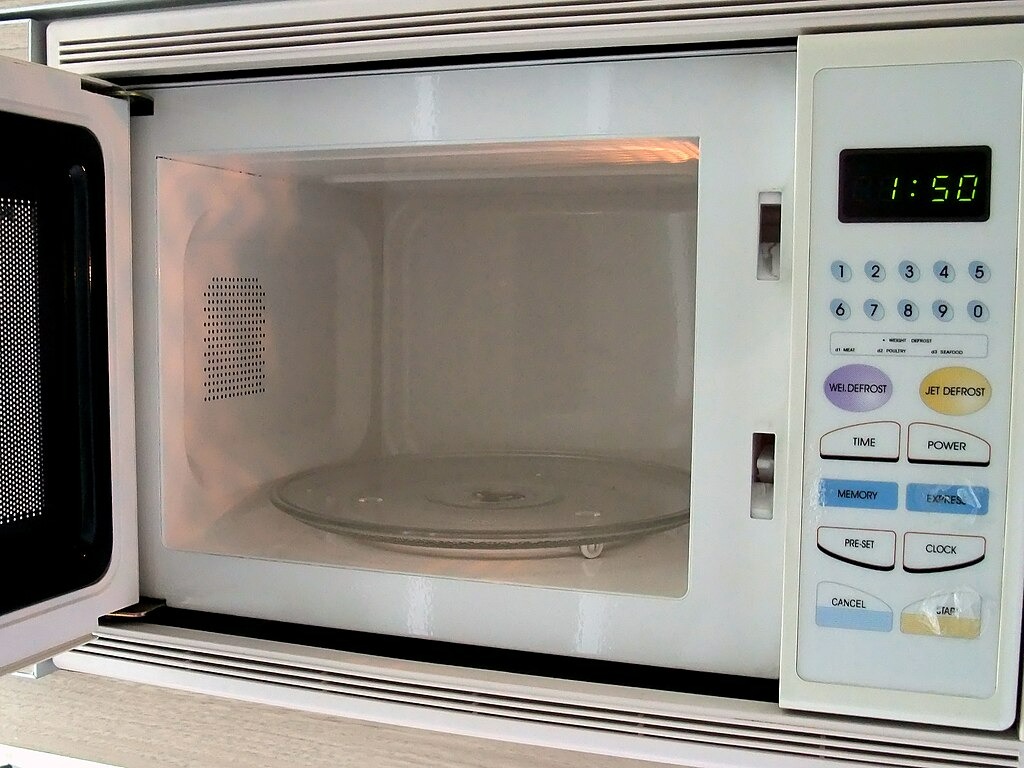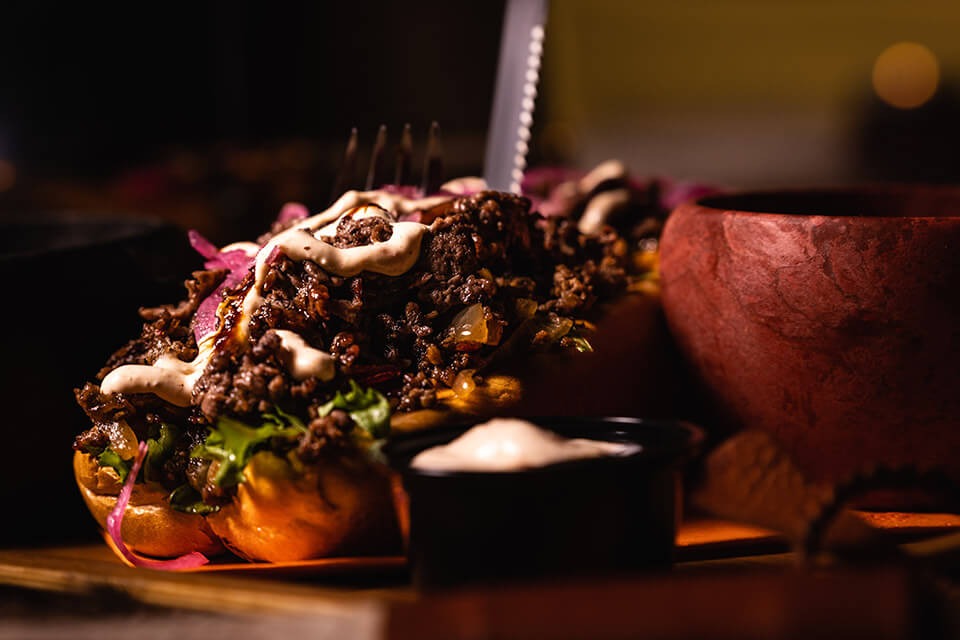Traditional burials poison soil for decades, but Loop Biotech’s mushroom caskets change that math entirely. The Dutch startup grows biodegradable coffins from mycelium—the root network of fungi—in just seven days, turning death into an act of soil restoration rather than environmental destruction. Founded in 2020 by architect Bob Hendrikx, the company has already sold thousands of these “Living Coffins” across Europe and is expanding into the United States.
The Fungi Revolution Beyond Your Plate
While mushrooms conquered your dinner plate, their underground networks are quietly revolutionizing materials science. Loop Biotech combines mycelium with upcycled hemp fibers, creating caskets that feel velvet-soft yet decompose completely in 45 days—compared to decades for traditional wooden coffins.
The environmental math is stark:
- Traditional wooden caskets emit 250 pounds of CO₂ and leach chemicals into soil
- Mycelium caskets produce only 25 pounds of CO₂—ten times cleaner
- Body decomposition accelerates from decades to just 2-3 years
- Interior padding uses local materials: moss, organic cotton, or hemp
- Retail price: $4,000, competitive with premium traditional options
Companies like MycoWorks and Ecovative produce mycelium-based packaging and fashion materials. Loop Biotech simply asked: why not death care?
Designing for Decay
“Traditional caskets are designed to prevent decay, which doesn’t make sense because the body wants to decay,” Hendrikx explains. “Our mycelium caskets enable people to leave a positive footprint.” The company now produces 1,000 caskets monthly, with funeral homes embracing the technology as consumers demand sustainability in every life phase—including the final one.
Even cremation, often considered the eco-friendly alternative, releases 534 pounds of CO₂ per body according to 2023 Green Burial Council data. Mushroom caskets offer a third path: burial that actually enriches the ecosystem rather than harming it. Your final act becomes soil restoration, not environmental debt.


















